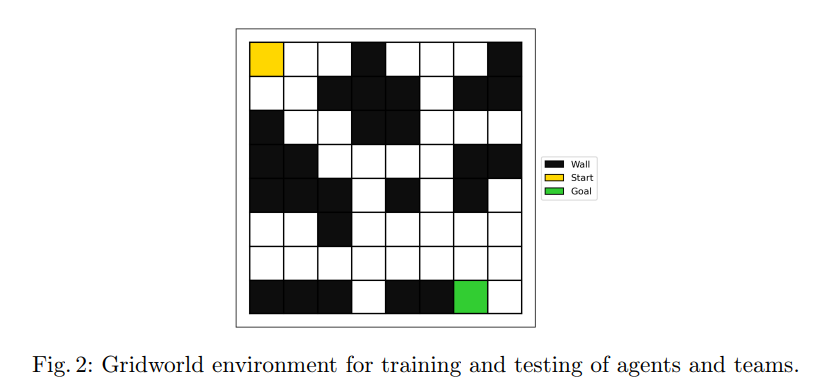Researchers from Università di Pisa and the Institute for Informatics and Telematics, National Research Council (CNR), have developed an innovative framework focused on optimizing the interaction and delegation between human and AI agents in collaborative environments. The research in its approach is to enhancing the dynamics of hybrid teams, where humans and artificial or autonomous agents collaborate, by establishing informed and efficient delegation decisions aimed at optimizing overall team performance and reducing agent-specific costs.
The framework is designed to facilitate efficient team dynamics in contexts where both human and AI have operational roles, such as in autonomous vehicles. It determines, based on contextual analysis, whether a human or AI is best suited to perform a task or make a decision at any given time, with the overarching goal of maximizing the performance and minimizing the costs associated with each agent’s operation.
Central to this study is the development of a manager model, based on Reinforcement Learning (RL), that learns to guide delegation decisions. This model is distinctive in its ability to operate in a heterogeneous environment, allowing for the interaction of agents with differing representations of the environment, offering more generalized support for varying team compositions. The manager learns to make optimal delegation decisions through indirect observations of the agents, without access to private or domain-specific knowledge, ensuring a reduction in dependencies between the learning models of the agents and the manager.
The researchers tested this model in a gridworld scenario, a structured environment used for testing, which demonstrated the compatibility and distinctions between agents in specific action spaces and transitions. Here, the manager observes agent transitions and learns to delegate effectively, optimizing the choice of the delegation agent that maximizes the expected reward achieved by the manager, without access to the internal learning mechanisms of the delegated agents.

The results of the study are showing that the manager can perform consistently and effectively, especially with less error-prone agents. The framework was successful in learning desirable delegations and generating good trajectories without direct observation of agent actions, showcasing its potential to train managers successfully in delegating between agents without needing access to additional knowledge.
In conclusion, a paradigm for human-AI collaboration. The manager model developed demonstrates superior performance in making informed delegation decisions amongst agents operating under varied environmental representations. The adaptability and learning capability shown by the manager model in this study point towards a future where the integration of human and AI could significantly enhance collaborative endeavors across different domains.
Check full paper: https://arxiv.org/abs/2309.14718






